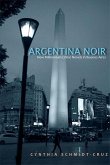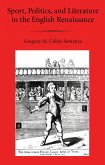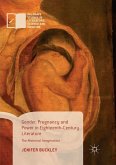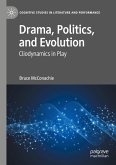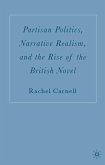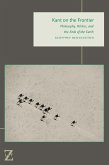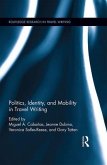Olga Orozco, considered one of the most important contemporary women poets in Latin America, serves as the touchstone for Jill Kuhnheim's examination of the tension between literature and life - or, as Kuhnheim quotes a student, of the universal question "Why read poetry?" Born in 1920 in Argentina, Orozco has produced nine volumes of poetry, a play, and a narrative work. As a member of the "lost generation" of the forties, she is prominent among a group of poets whose work reveals a range of responses to historical circumstances. Taking a feminist approach, and focusing on the specific history of Argentina, Kuhnheim relates Orozco's writing to that of T. S. Eliot, Oliverio Girondo, Alejandra Pizarnik, and more recent Argentine women poets such as Cristina Pina, Diana Bellessi, Ines Araoz, and Liliana Lukin. Though much of their work appears to be far removed from social reality, Kuhnheim's reading reveals how even the most apparently distant poetry is inevitably involved with the political processes of the time. Her comparative approach offers a method for reading lyric poetry that connects the aesthetic strand, which views a poem as something distant from the world, to a social thread that marks a particular historical moment.
Hinweis: Dieser Artikel kann nur an eine deutsche Lieferadresse ausgeliefert werden.
Hinweis: Dieser Artikel kann nur an eine deutsche Lieferadresse ausgeliefert werden.


